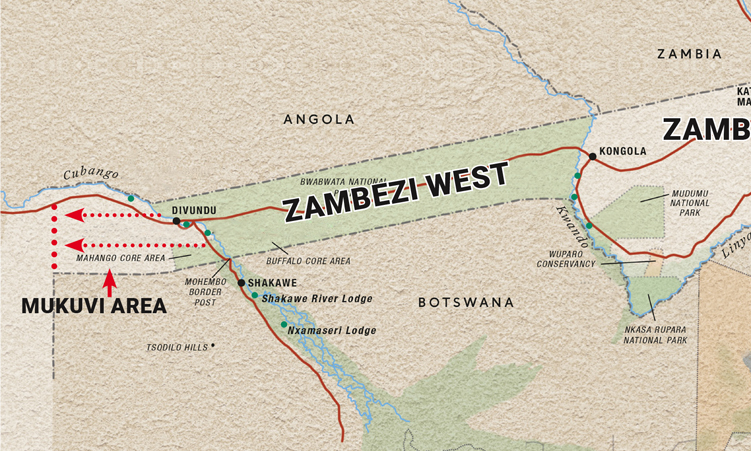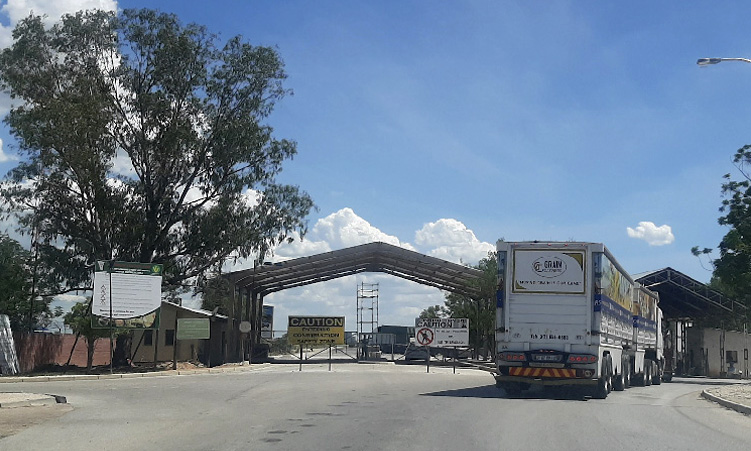ADOLESCENCE means growing up and denotes children between 10 and 19 years.
It represents the physical and psychological transition from childhood to adulthood. It is the period during which the all-important biological changes of puberty take place.
Puberty is a period during which rapid physical growth and psychological change occur. These changes are largely influenced by hormonal activities.
Being in developmental transition makes adolescents more susceptible to environmental influences: from the family, peers, school, neighbourhood, the internet, TV, etc. These influences may either support or negatively affect their health and well-being. It is a period of both disorientation and discovery.
Adolescents are estimated to be about 1,2 billion individuals in the world today. Namibia is said to be a country of young people and adolescents form a large part of the youth. It is said that adolescents and the youth in general, mostly die of preventable or treatable conditions.
This is partly because they have not yet fully grasped the relationship between behaviour and the consequences of such behaviour. Hence their tendency to indulge in high-risk behaviour.
The World Health Organisation estimates that 1,3 million adolescents succumbed to these conditions in 2012.
They include motor vehicle accidents; complications of pregnancy and childbirth; suicides; interpersonal violence; etc.
Addressing issues of adolescent health and well-being, therefore, should focus on assisting them to adopt healthy habits at a young age. Promoting healthy practices and protecting young people from health risks will ensure that we have healthy adults in future.
Building life skills in children and adolescents, guiding adolescents to avoid alcohol and drugs, living an active life style with regular physical exercise and prudent nutrition should be inculcated early in life.
As far as reproductive health goes, better access to contraceptives and information by adolescent-friendly health professionals are needed to prevent unwanted pregnancies.
Given the dire social and individual consequences of backyard abortions, it is also time that the Ministry of Health and Social Services revisits the outdated abortion laws in Namibia.
Baby dumping and risky abortions are direct consequences of this law. A more progressive law would have avoided these unfortunate consequences.
Suicide prevention
According to WHO, suicides are the third-highest cause of death among adolescents worldwide. As said earlier, adolescents are at an impressionable age. Thus, depression is a major cause of illness in this age group. Other influences on the suicide rate include poverty, humiliation, feeling devalued and being subjected to violence.
Parents, teachers and other care-givers need to pick up signs of hopelessness and timeously provide/seek counselling for those at risk.
One major determinant of how a child navigates through this confusing stage in life is the parent’s understanding (or not) of what it all means to be an adolescent. The parents need to understand that the seemingly rebellious teenager is also very much confused and disoriented by the many sudden changes that are taking place within their body. They are struggling to discover themselves and be independent. At the same time, they are anxious and overwhelmed by the responsibilities of adulthood.
Parents and caregivers should therefore not see what is happening as a loss of control over their children. Parents need to be aware that their adolescent children will often challenge their authority and be ready to deal with the frequent conflicts that arise as a result of this.
Parents and other caregivers should make sure they are always available and consistent with their guidance. The growing child needs this consistency more than anything else, as a beacon of where they are going. Adults act as sounding boards for the young person’s ideas.
Lastly, please know that your adolescent child needs privacy and consideration as an individual as they grow. Where possible, an own room would do wonders. Never tease your adolescent child about their physical appearance as this is a particularly sensitive issue. Sexuality may preoccupy their minds and parents need to discuss this in an open, non-judgemental manner, while guiding the child to safely navigate through the dangers of risky sexual behaviour.
Let us ensure that we have healthy adults tomorrow by preparing our adolescents to adopt healthy habits today!
Please send you comments to: daveu@africaonline.com.na or hilja@gmail.com or 061-269971.
Stay informed with The Namibian – your source for credible journalism. Get in-depth reporting and opinions for
only N$85 a month. Invest in journalism, invest in democracy –
Subscribe Now!






